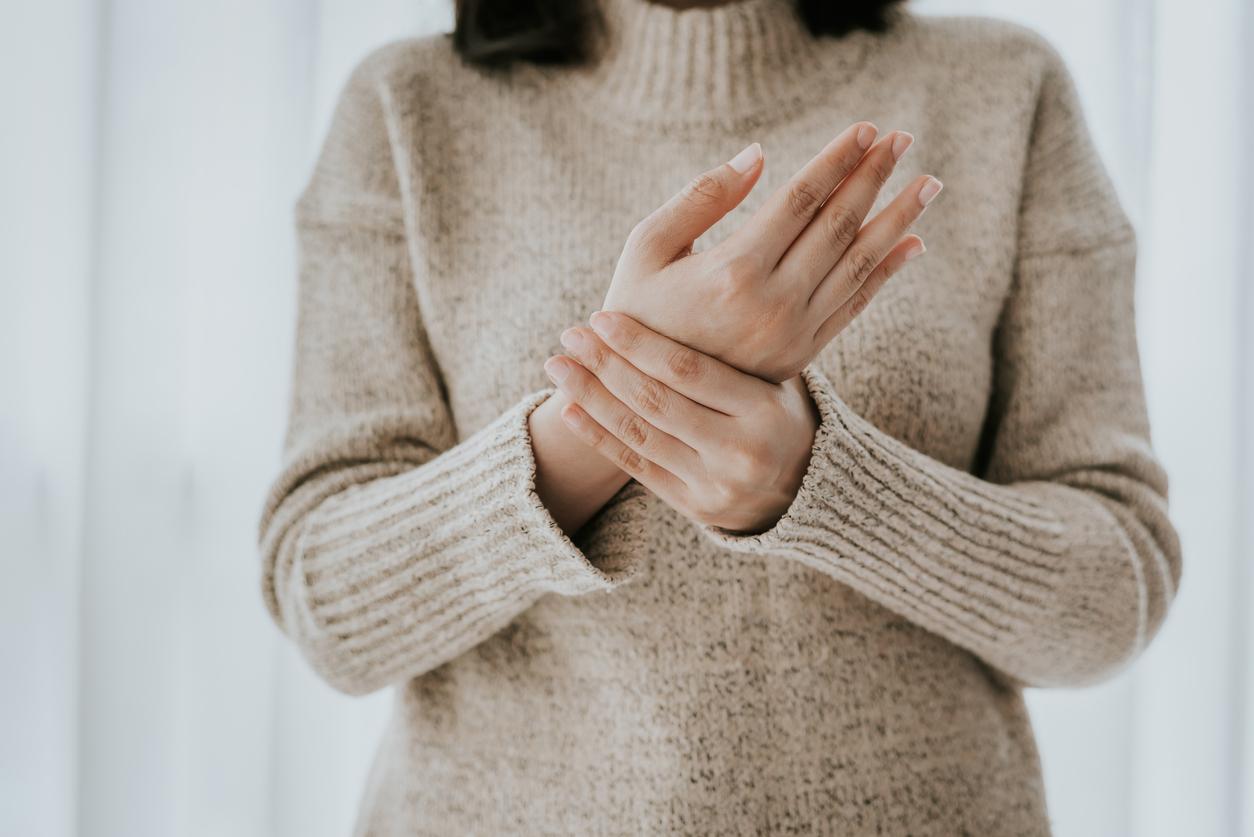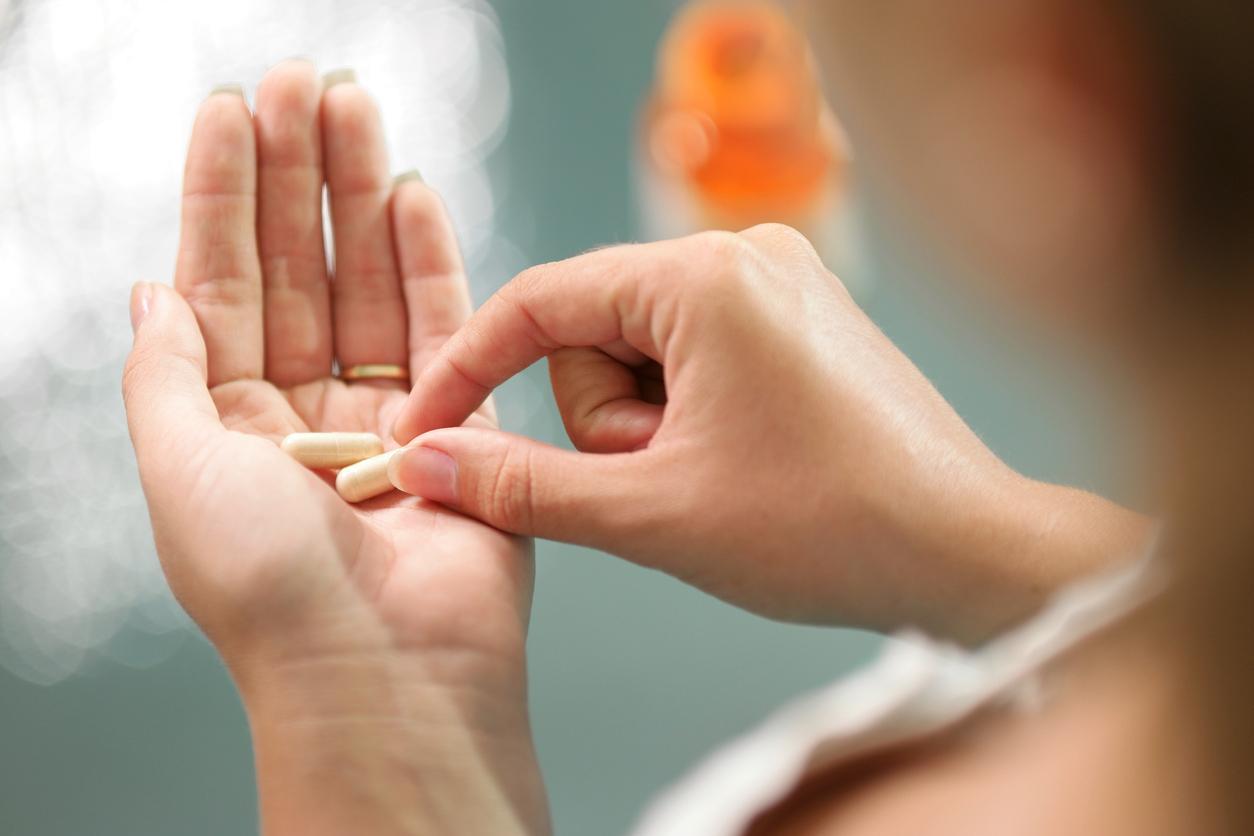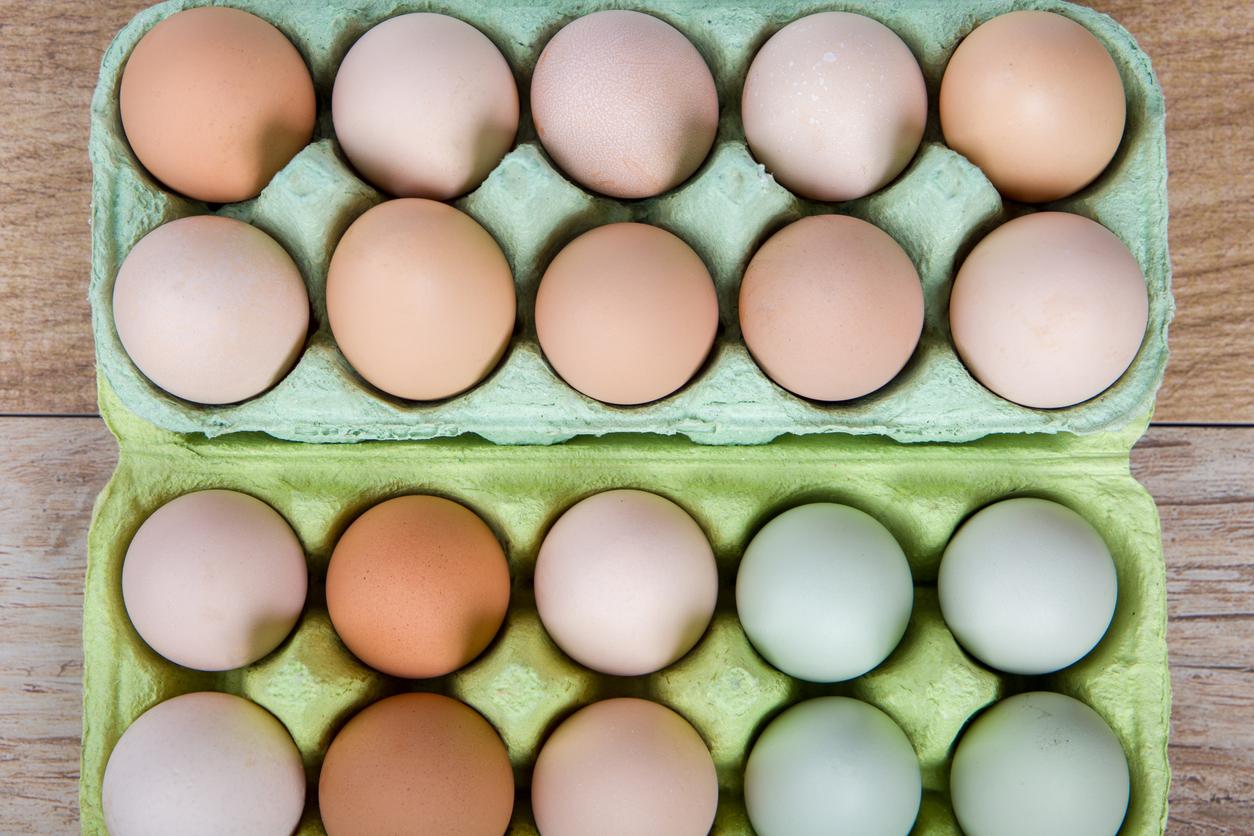
Who should take extra D?
Less than a quarter of seniors take extra vitamin D. While this is the official advice of the Health Council. Vitamin D is essential for strong bones and muscles and can even prevent falls in the elderly. But seniors aren’t the only ones for whom extra D is desperately needed. Who else would be wise to take a D supplement?
Vitamin D is important for our skeleton, our teeth and for our muscle function. But this vitamin is also essential for good brain function and optimal resistance. In addition, research shows that adequate levels of vitamin D can help a variety of cancers, including colon cancer, to prevent.
Sunlight
Sunlight is the most important source of vitamin D. The advice of the Health Council is therefore to be outside for 15 to 30 minutes every day when the sun is high, with your head and hands bare. It is important that your skin can be sufficiently exposed to sunlight. Not only the duration is important, but also the time. A reminder here is that the production of vitamin D mainly takes place at times when your shadow on the ground is shorter than your height. Unfortunately, that is not enough for certain population groups, especially in the autumn and winter months; when the sun doesn’t shine.
Nutrition
About two thirds of the required amount of vitamin D is produced in this way. We get the rest from the daily diet, but only from foods of animal origin. Mostly Fatty fish (salmon, herring, mackerel) is an excellent source of vitamin D. But we do not get enough vitamin D from it, the sun is the most important source.
Advice Health Council
That is why the Health Council recommends extra vitamin D to certain people. This advice relates to healthy people and can be divided into advice for people who need 400 IU of vitamin D extra and advice for people who need 800 IU of vitamin D extra. IE stands for International Units. This is a unit used to express the amount of vitamin D per tablet. Sometimes the amount of vitamin D is also expressed in µg or mcg (micrograms). 400 IU corresponds to 10 µg/mcg and 800 IU to 20 µg/mcg.
Advice daily 400 IU vitamin D
- Children up to 4 years
- People with dark skin (from skin type IV)
- People who don’t get out much every day when the sun is high or who avoid the sun*
- People who wear body-covering clothing outside such as a burqa, chador or headscarf
- Pregnant women
- Women aged 50 to 70
*According to the Health Council, going outside is less than 15 to 30 minutes a day when the sun is high (between 11 a.m. and 3 p.m.) with head and hands bare.
Advice daily 800 IU vitamin D
The Health Council also advises everyone, both men and women, aged 70 and older to add 800 IU (20 μg) of vitamin D daily to their normal diet. Your personal vitamin D requirement can be mapped out on the basis of the advice of the Health Council or by means of a discussion with your pharmacist.
Sources):















